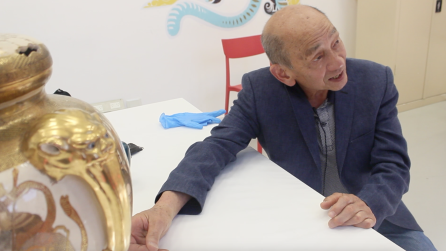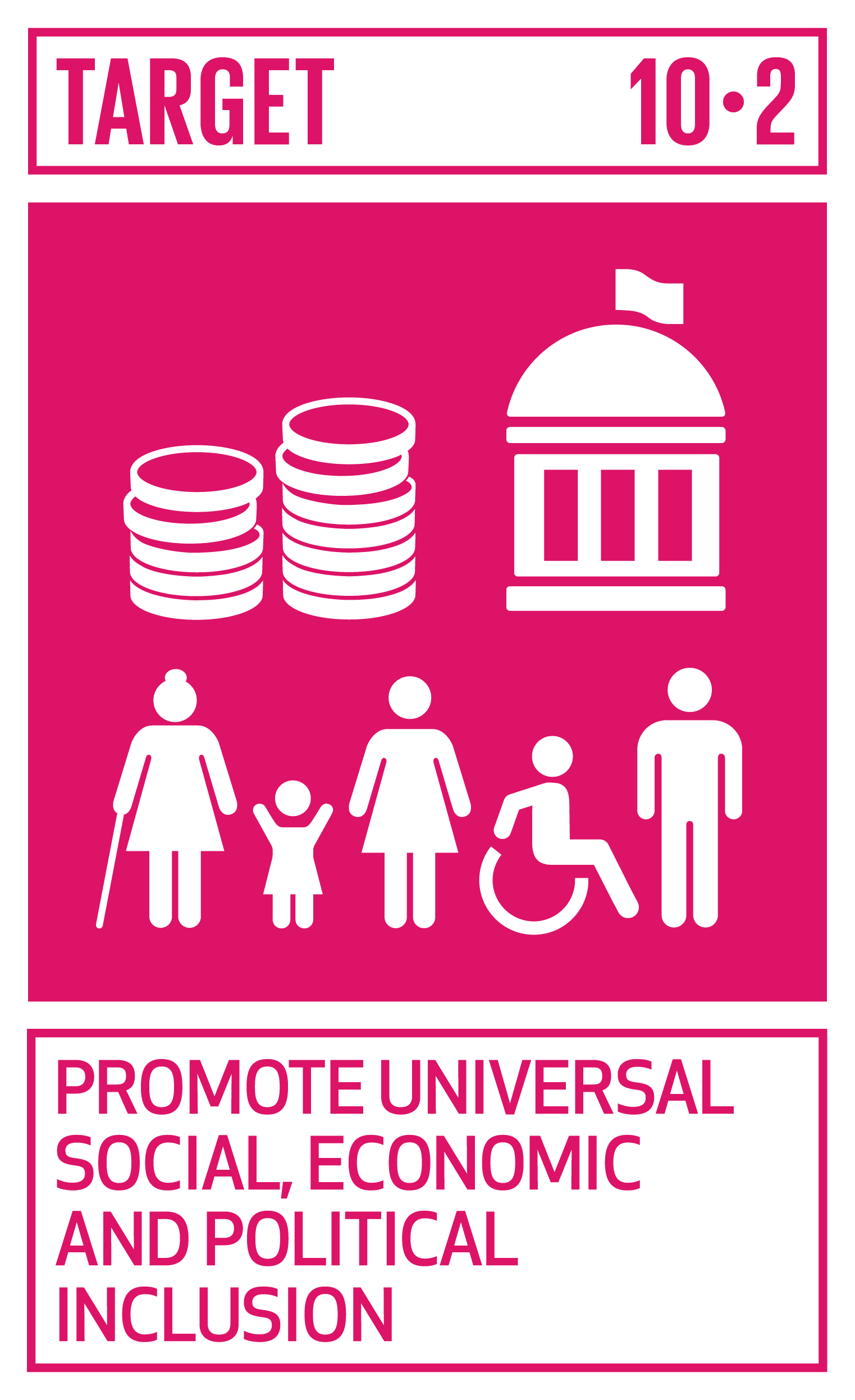Sustainability aspiration and challenge
The Museo Nacional de Arte Oriental aims to contribute to social inclusion and cohesion by strengthening its relationship with Asian immigrant communities in Argentina, co-creating new knowledge from personal experiences and interactions of members of these communities with objects from the collection.
In this OCM field project, the museum organized workshops with the Japanese/Nikkei community members in Argentina in collaboration with the country’s Japanese Association. Participants interacted with collection items of different types and uses, particularly those related to domestic use, such as cooking tools, boxes, beauty accessories, and religious figures.
These collections-based storytelling sessions have had a profound impact. By inviting participants to share personal stories and experiences using objects they selected from the museum collection, meaningful connections were established. These objects served as emotional bridges, strengthening social inclusion and creating new knowledge and narratives that enhanced the social value of the collection.
The museum is carefully documenting these collections-based storytelling sessions to broaden the knowledge about its collection and related practices and traditions linked to using such artifacts. It plans to expand this initiative in 2024 and beyond by involving other Asian immigrant communities (Korean, Chinese, Indian) to continue to learn with them and increase the available knowledge, accessibility, and meaningfulness of the museum collection to Argentinian society.
This field project is not just a local endeavour. It aligns with the UN Agenda 2030 goal to empower and promote social, economic and political inclusion of all, irrespective of age, sex, disability, race, ethnicity, origin, religion or economic or other status. The Museo Nacional de Arte Oriental is committed to this global initiative.



